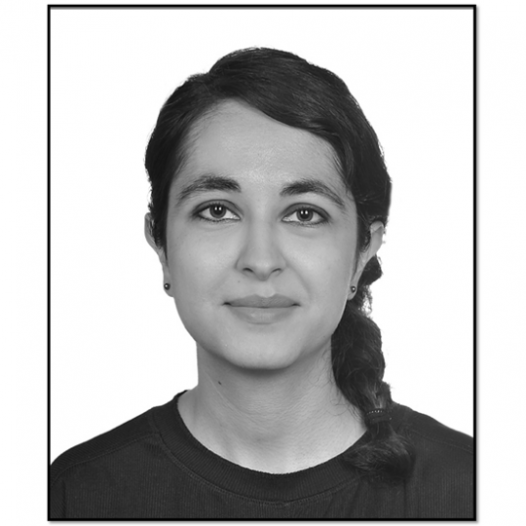
Gülşen Doğan
Research Assistant
Gülşen Doğan is a Ph.D. student in the Department of Political Science and International Relations at Koc University. Her research interests lie in the intersection of comparative politics, populism and democracy. In addition to her academic studies, she is also working in think tanks. She worked as a non-resident research assistant in Turkey program at the Middle East Institute (MEI), a Washington D.C.-based think-tank during the summer term in 2022. Currently, she is also working as a project researcher at MiReKoç (Migration Research Center at Koç University) for the BROAD-ER project (Bridging the Migration and Urban Studies Nexus). It is a Horizon Europe Twinning project, funded by the European Union in partnership with GRITIM Pompeu Fabra University (Barcelona, Spain) and Universiteit van Amsterdam (Netherlands). At IstanPol, she also takes part in the projects of the Human and Social Development Program and works as a researcher and editor. Her works in collaboration with her interdisciplinary team members aim to transform the research to policy recommendations and create feasible political agenda in Turkey. She primarily worked on two research reports published by IstanPol and Friedrich Ebert Stiftung and co-authored by respectively Dr. Bengi Ruken Cengiz and Gülçin Karabağ, and Seren Selvin Korkmaz and Alphan Telek: “Women’s Political Participation in Turkey: Obstacles and Experiences” and “The Precarity of Youth in Turkey: Perceptions of Work, Subsistence and Life”. The first research examines the obstacles and experiences of women politicians in Turkey. The research is based on in-depth interviews with politicians who have served or are working at different levels of political parties. As a result, the obstacles are grouped as structural, institutional, and cultural and we made policy recommendations for empowering women in the political arena of Turkey. The second research is based on focus group interviews with young people in Turkey grouped according to their education and employment status. It aims to measure the perceptions and expectations of young people about their livelihood conditions and the contemporary politics and questions whether they form a class identity called “precariat”.








